February 17, 2023 at 12:54 JST
 The Olympic rings monument in Tokyo's Shinjuku Ward in June 2021 (Asahi Shimbun file photo)
The Olympic rings monument in Tokyo's Shinjuku Ward in June 2021 (Asahi Shimbun file photo)
Why were the Tokyo Olympics and Paralympics plagued by bribery and bid-rigging scandals? What needs to be done to prevent such corruption at mammoth sporting events?
The Japan Sports Agency has tried to answer these and other questions by announcing draft guidelines on basic principles and ethical norms for organizing and operating large-scale sporting events, like the Olympics and world championships.
A string of accounting and sexual harassment scandals prompted the development of a governance code for domestic sports organizations in 2019. But organizing committees for sporting events are not directly subject to the code.
The agency’s draft guidelines, based on the governance code, are by and large a step in the right direction. But it is questionable if they will be sufficiently specific and effective.
While bribery is a crime usually committed by individuals, bid-rigging is an anti-trust offense perpetrated by organizations. It is vital to build a multilayered system to prevent these violations.
One reason for the sense of insufficiency concerning the guidelines is the inadequate investigation into the scandals surrounding the Tokyo Games.
Trials and criminal investigations concerning the suspected crimes are continuing. And the agency has been able to do little more than interview 10 former members of the organizing committee to uncover facts related to these scandals.
Still, the agency has made some notable proposals.
For instance, it pointed out that the organizing committee’s executive board failed to perform its expected supervising function. The agency proposed a reduction in the scope of the committee’s operations and a transfer of its decision-making power to another organization, like a special council.
The agency also noted the need for a new independent entity to monitor appointments of executives and staff members of the organizing committee for possible conflicts of interest.
This is important, the agency argues, because committee members can be provided by companies and organizations involved in operating the event.
The agency has also called for the expansion of information disclosure and the establishment of a system, in advance, to clarify responsibility for violations after the offending organization is liquidated.
There is no disputing the importance of these steps.
Given the tight sports schedule for Japan, the guidelines should be swiftly developed and formalized.
Swimming and athletics world championships will be held in Japan over the next couple of years, while Aichi Prefecture will host the Asian Games in 2026.
The sports agency plans to finalize the guidelines by the end of March after hearing the opinions of sports and related economic organizations. It is essential to create an effective system to monitor how the rules are implemented, and to regularly upgrade the principles and norms, as is the case with the governance code.
Heightened policy efforts are needed to prevent corruption in the future. But the development of the guidelines should not lead to any leniency for organizations and individuals involved in bribery and bid-rigging.
Regarding the bid-rigging scandal, a growing number of central and local government organizations, including the Ministry of Internal Affairs and Communications and the Tokyo metropolitan government, have taken punitive steps. They have banned Dentsu Inc. and event services companies involved the Olympic scandal from bidding for their contracts.
In addition to Dentsu, which boasts overwhelming power and influence, the entire advertising industry is at the heart of the problem.
This structural rot requires a more comprehensive and fundamental solution.
It is crucial for the agency to work out the guidelines while seeking to uncover all the structural and underlying problems.
--The Asahi Shimbun, Feb. 17


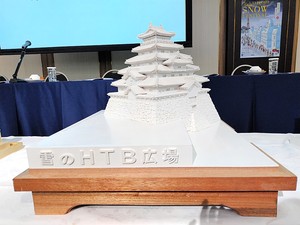
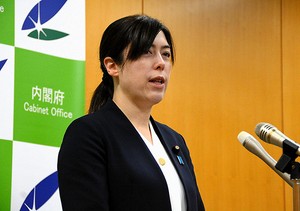


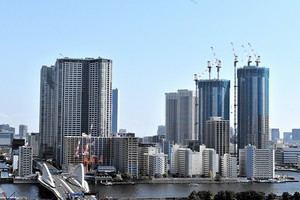

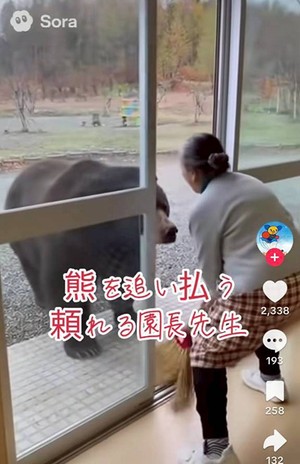
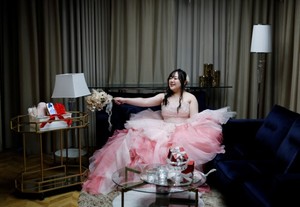










A peek through the music industry’s curtain at the producers who harnessed social media to help their idols go global.
A series based on diplomatic documents declassified by Japan’s Foreign Ministry
Here is a collection of first-hand accounts by “hibakusha” atomic bomb survivors.
Cooking experts, chefs and others involved in the field of food introduce their special recipes intertwined with their paths in life.
A series about Japanese-Americans and their memories of World War II